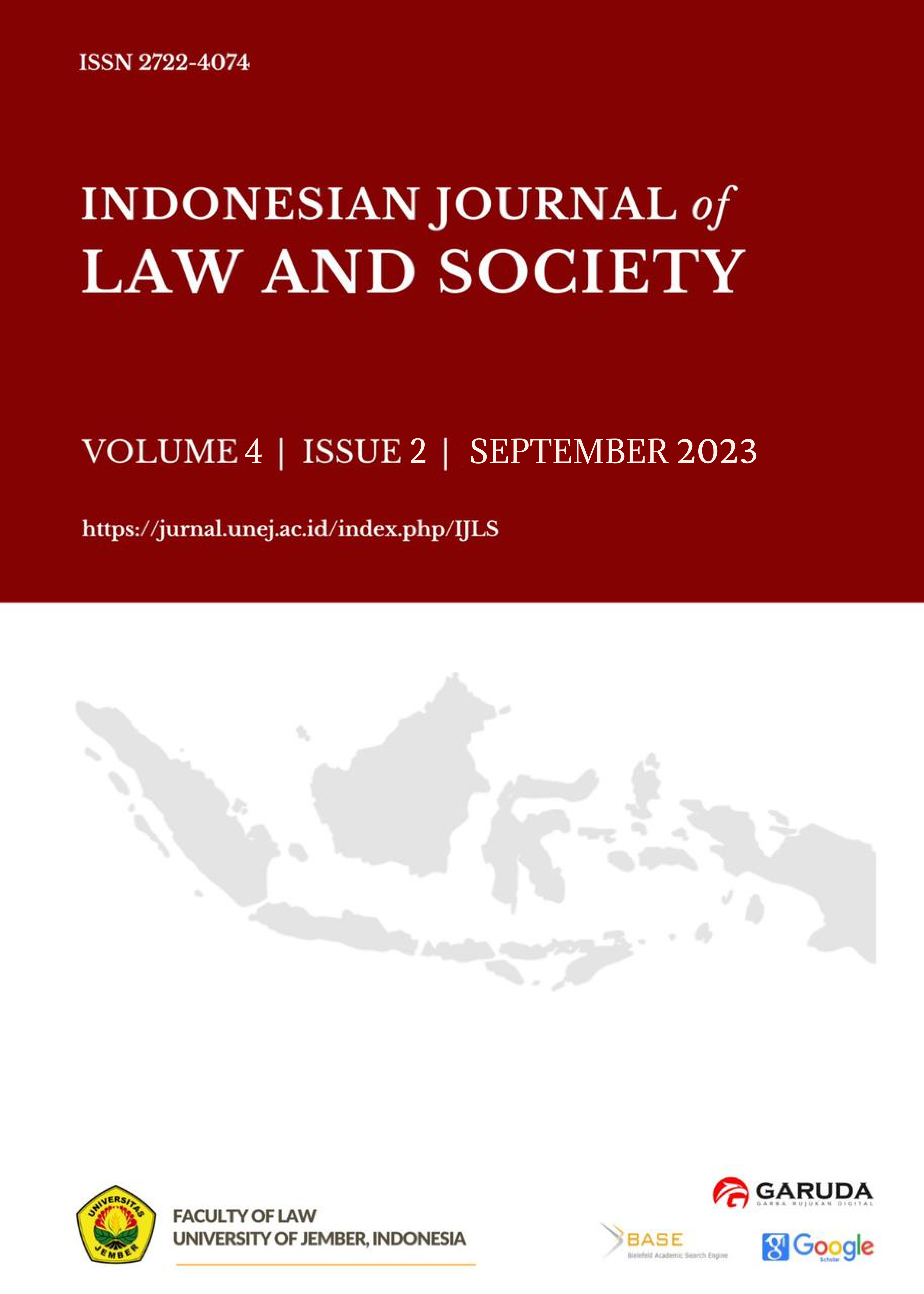When the Court Decisions Encourage Deforestation in Indonesia
A Case of Tahura Mangrove Forest Project
DOI:
https://doi.org/10.19184/ijls.v4i2.41195Abstract
The abstract presents a critical analysis of the role played by court decisions in the prevention of deforestation. Over the past few decades, Indonesia has witnessed extensive deforestation, primarily due to the expansion of oil palm and agriculture. This has had a significant impact on Bali's tourism industry, which heavily relies on this sector for development. The Tahura Mangrove Forest Project serves as an example of a tourism venture that has resulted in damage to the forested area. Despite the prohibition of commercial projects on protected land, the government issued a utilization permit for the construction of guest houses. Rather than effectively curbing deforestation, this study demonstrates how controversial court decisions have actually encouraged it. The courts' assertion that public interest groups lacked standing to challenge violations of forestry laws, which could potentially cause environmental harm, was based on the argument that the damage was only a possibility during the planning stage and could not be accurately quantified. This paper identifies three factors contributing to the judges' adoption of a narrow standing test: their limited judicial competence, reliance on the Supreme Court's existence, and corruption.
Downloads
Downloads
Published
Issue
Section
License
The Indonesian Journal of Law and Society has CC-BY-SA or an equivalent license as the optimal license for publishing, distributing, using, and reusing scholarly work. Authors who publish with this journal retain copyright and grant the journal right of first publication with the work simultaneously licensed under a Creative Commons Attribution-ShareAlike 4.0 International License that allows others with permission from the publisher to share the work with an acknowledgment of the work's authorship and initial publication in this journal.


